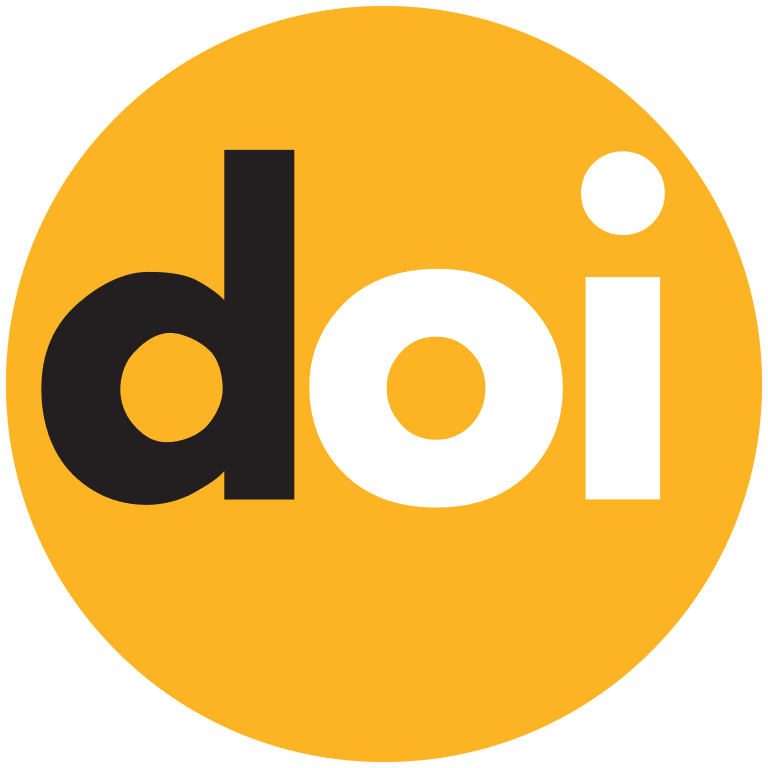Since February 2020, Indonesia was struck by the Covid-19 pandemic. This led to the imposition of Large-scale Social Restrictions. The government issued a policy of working from home, learning from home, and worshiping at home. To carry out their activities from home, people are becoming increasingly dependent on the internet. With the increasing use of the internet during this pandemic, we are conducting a study on whether there is a phenomenon of internet addiction and social media in Indonesia. A survey of 2309 respondents from 31 provinces in Indonesia using Kimberley Young's Internet Addiction Test (IAT) has been conducted. After the data cleaning process to remove redundant data, only data from 2206 respondents were analyzed further with the binary logistic regression method. 25% of respondents were indicated with Internet addiction. High school students and college students tend to have a 1.7% higher risk of addiction. The length of time accessing e-commerce web and social media also increases the risk of internet addiction. YouTube and Instagram are social media applications that tend to pose a risk of addiction to respondents. A critical analysis of the Internet Addiction Test from a Philosophy of Science perspective was conducted. Finally, we formulate recommendations on strategies the government and society could take in dealing with the problem of internet addiction.
Keywords: Covid-19, Internet Addiction, Social Media Addiction, Internet Addiction Test, binary logistic regression


